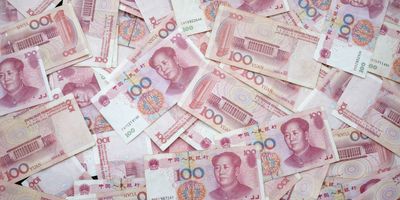The People’s Bank of China announced a raft of measures on Tuesday aimed at boosting the flagging economy as the country seems likely to miss its 5% GDP growth target for 2024.
What’s the plan?
- Cut the amount of cash banks need to keep on hand by half a percentage point to inject 1 trillion yuan ($142 billion) into the economy.
- Cut the interest rate on seven-day reverse repurchase loans from 1.7% to 1.5% to goose spending.
- Make it easier for banks to lend to corporations trying to repurchase their own shares.
- Cut interest rates on existing mortgages by half a percentage point.
- Cut required down payments for mortgages on second homes to 15% instead of 25%.
- Allow some banks to pay less interest on deposits to encourage consumer spending
- Signal more support could be coming.
Will it work? It should get China through 2024, but even though it’s the biggest move Beijing has made to stabilize its grumbling economy, it’s not a panacea.
First, it’s unclear that businesses are ready to borrow, even at advantageous interest rates, meaning that liquidity won’t necessarily get used. It also doesn’t address the structural problems of China’s property market, where many developers have defaulted. It includes little incentive for ordinary consumers to go out and spend, and the lack of demand is dragging on China’s growth.
We’re watching how this round of buoying plays out, and whether a bigger stimulus is on the horizon in 2025.
